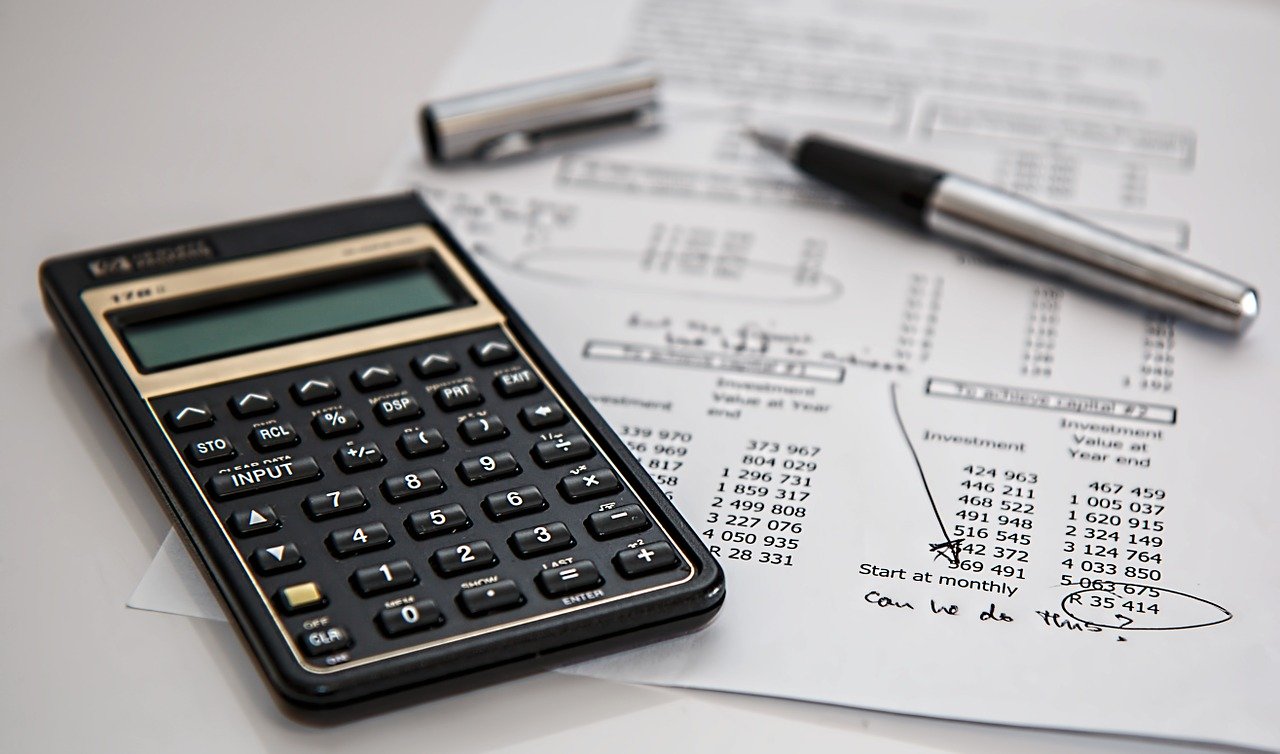Understanding and knowing your cost is the first step to get control of your “Cost of Goods Sold” and accordingly increase your Gross Profit.
Abusiness is a profit-making venture. Entrepreneurs do not only endeavor for financial gain and improve sales revenue, but also increase consumer’s loyalty. Running a business doesn’t require a business degree. Some people didn’t go to university who are now successful entrepreneurs. To keep track of cash flow, business owners bank on cost accounting principles.
History of Cost Accounting
The origin of cost accounting can be traced back to the Industrial Revolution when businesses are mainly railroad construction and production of steel products. Manufacturers utilized the principles of cost accounting to restrict the costs of the products and services while growing as efficient businesses.
Cost Accounting in Its Simplest Context
Cost accounting is a standard accounting practice that uses tools to evaluate the total production costs involved when running a business. It also determines the projected costs in the event certain changes occur in the current business model.
Cost accounting is a helpful determiner of any change in trend in terms of delivering goods and services to consumers. Hence, measures can be readily initiated in the event of an immediate downturn in profits. Cost accounting also guides companies in launching a product or service that has a real market value. Moreover, it helps companies to operate cost-effectively.
Types of Cost Accounting
- Standard costing. This is the cost calculation of materials used to generate goods or services. Standard costing also includes the use of labor.
- Activity-based costing. This is the assignment of the cost to every identified activity in business according to each actual consumption.
- Lean costing. This is optimizing the productivity of the business while eliminating waste by focusing on value-added tasks.
- Marginal costing. Also known as variable costing, marginal costing helps determine the impact of different levels of costs in operating profit.
Cost accounting is a practical tool to guide entrepreneurs in making fully-informed business decisions and ascertaining financial performance. It contributes to the success of the business as it teaches entrepreneurs to analyze reports and identify where are they spending their money.

